India transitioning from ICE (internal combustion engine) to hybrid vehicles to BEV (battery electric vehicles). This trend will be more evident in two-wheelers, three-wheelers and passenger vehicles while commercial vehicles, tractors and medium and heavy commercial vehicles (MHCVs) will take longer for the transition, says a survey for ACMA conducted by McKinsey & Co titled "Future of E-mobility."
Globally, majority of experts believe that the auto industry will be rattled with trends like shared mobility, autonomous driving, connectivity and electrification of vehicles.
These trends will have a major impact on the value chain, resulting in revenue pools and market shifts. The role of OEMs and suppliers will fade by 2030, leading to an increase of new players, attaining a significant share of revenues and profits of the automotive industry. Collaboration and innovation with auto suppliers will be the driving force towards this change in mobility.
Vishvajit Sahay, joint secretary, department of heavy industries, said, "The automotive industry plays an important role in contributing to the country's GDP where it contributes 7.1% and out of this auto component contributes 2.1% upwards. The Indian automotive industry is poised to change now. We need to view this change as an opening of new opportunities."
"For this the industry needs to be not only technology-ready, but also capacity-ready. To do so we need to acquire & train the workforce while creating new avenues for skill development as well. The government expects the automobile industry to act as the prime contributor to the Make in India movement and is ready to support the industry in every possible manner," he said
On the front of e-mobility Rattan Kapur, president, ACMA, said, "We at ACMA believe that while the future is electric, the logical progression would be to move from IC-engines to hybrids and then to fully battery based vehicles. This will provide the local industry with the opportunity to develop and best acquire technologies for the future generation of vehicles."
"A long-term stable technology-agnostic roadmap for the automotive industry driven by a sound regulatory framework is therefore the need of the hour so that the industry can invest for sustainable growth and development, in line with the aspirations of all stakeholders," he said.
"There is a fundamental need to preserve the environment for our future generations and are committed to it. For the auto component industry this may imply drastic changes for many individual players. Time has come for each of us in the industry to accept this new business environment and gear ourselves to cater to the new demands of the future," Kapur added.
The survey revealed that e-mobility is already shaping the automotive industry around the world and in India. On the dimension of innovation, the best should be extracted out of internal and external partnership sources.
Also, all stakeholders should work together to formulate policies that support indigenous development of technology over import dependence. The need of the hour is sustainability over speed.



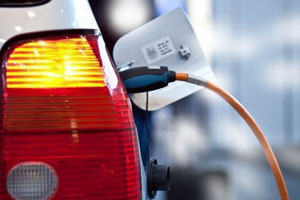
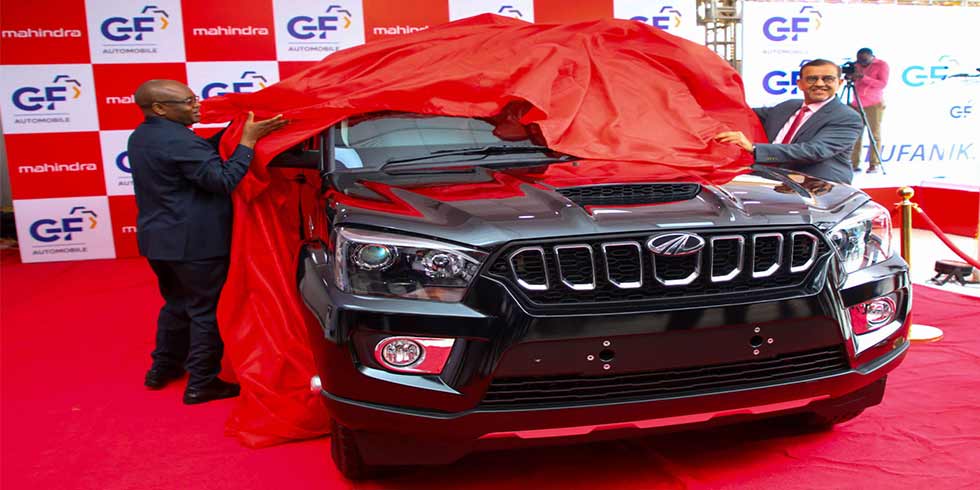
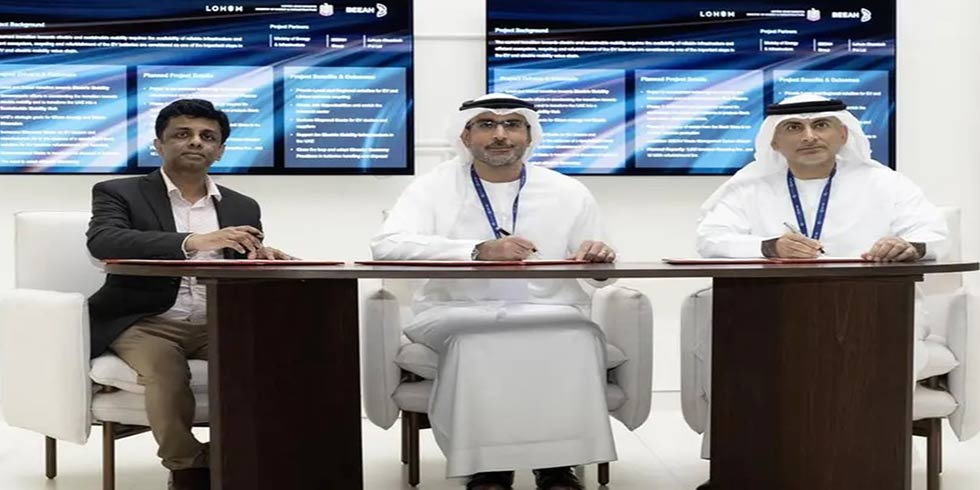
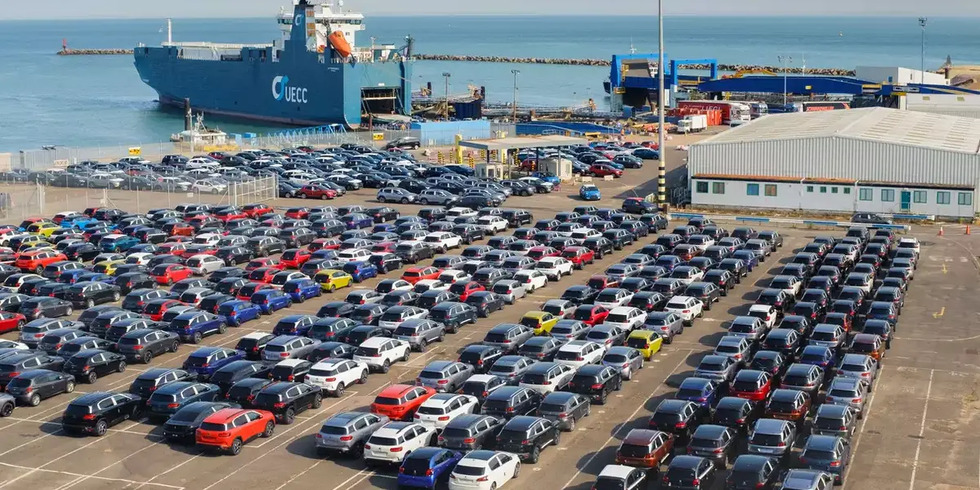
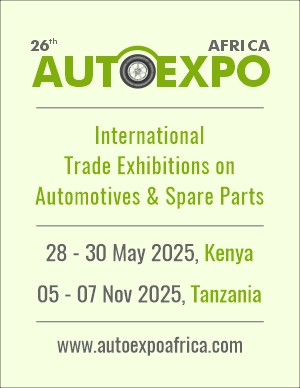


Add Comment